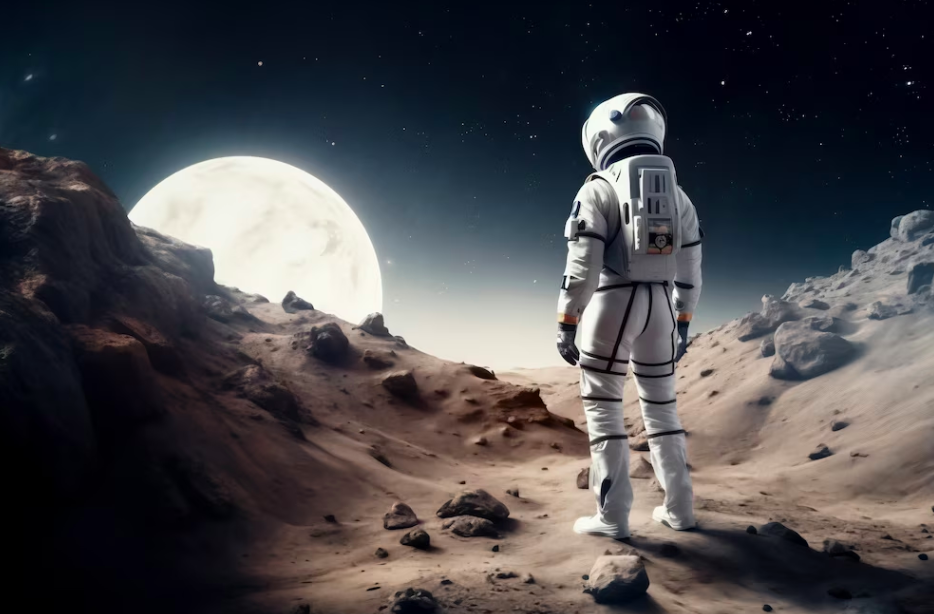How AI is Making Space Exploration Safer, More Efficient, and More Affordable

Artificial intelligence (AI) is rapidly transforming space exploration. From making better decisions to developing new technologies, AI is being used to push the boundaries of human knowledge.
Here are some of the ways that AI is being used in space exploration:
- Making better decisions: AI can be used to analyze large amounts of data and make predictions. This can help scientists and engineers to make better decisions about mission planning, spacecraft design, and risk management.
- Developing new technologies: AI can be used to develop new technologies that can help us explore space more safely and efficiently. For example, AI is being used to develop new ways to generate thrust, land on Mars, and explore asteroids.
- Automating tasks: AI can be used to automate tasks such as spacecraft navigation, communication, and maintenance. This can free up human operators to focus on more strategic tasks.
- Exploring new worlds: AI can be used to explore new worlds by analyzing data from telescopes and probes. This can help us to identify potential targets for future missions and learn more about the universe.
- Protecting astronauts: AI can be used to protect astronauts from hazards such as radiation and microgravity. This can help to keep astronauts safe during long-duration missions.
These are just a few of the ways that AI is being used in space exploration. AI has the potential to revolutionize space exploration and make it possible to explore even further into the universe.
The future of AI in space exploration is bright. With continued research and development, AI is poised to play an even greater role in space exploration in the years to come.
Here are some of the potential benefits of AI in space exploration:
- Increased safety: AI can help to make space exploration safer by automating tasks and identifying hazards.
- Reduced costs: AI can help to reduce the costs of space exploration by automating tasks and optimizing operations.
- Increased efficiency: AI can help to increase the efficiency of space exploration by making better decisions and developing new technologies.
- New discoveries: AI can help us to make new discoveries about the universe by analyzing data from telescopes and probes.
- A deeper understanding: AI can help us to gain a deeper understanding of the universe by exploring new worlds and studying the effects of space on humans and machines.
The adoption of AI in space exploration is still in its early stages, but it is growing rapidly. As AI technology continues to develop, it is likely to play an increasingly important role in space exploration.
Here are some of the challenges that need to be addressed in order to fully realize the potential of AI in space exploration:
- Data availability: AI systems need access to large amounts of data in order to train and operate effectively. This can be a challenge in space exploration, where data can be scarce or difficult to collect.
- Cost: AI systems can be expensive to develop and deploy. This can be a barrier for some organizations.
- Acceptance: Some people may be hesitant to accept AI in space exploration. This is due to concerns about the potential for bias and misuse of AI.
- Regulation: As AI becomes more widely used in space exploration, there will be a need for new regulations to ensure that it is used responsibly and ethically.
Despite these challenges, the potential benefits of AI in space exploration are significant. With careful planning and execution, AI can be used to make real progress in our understanding of the universe and our place in it.


